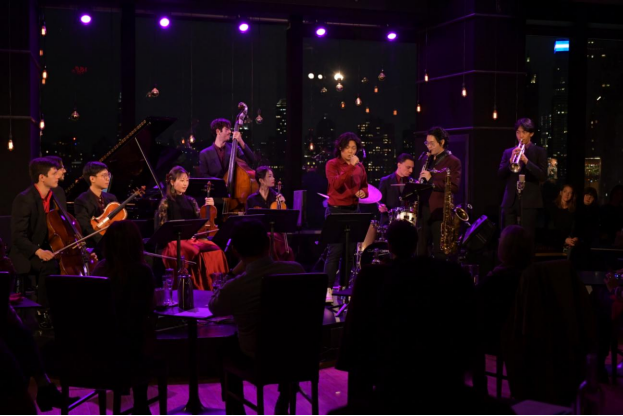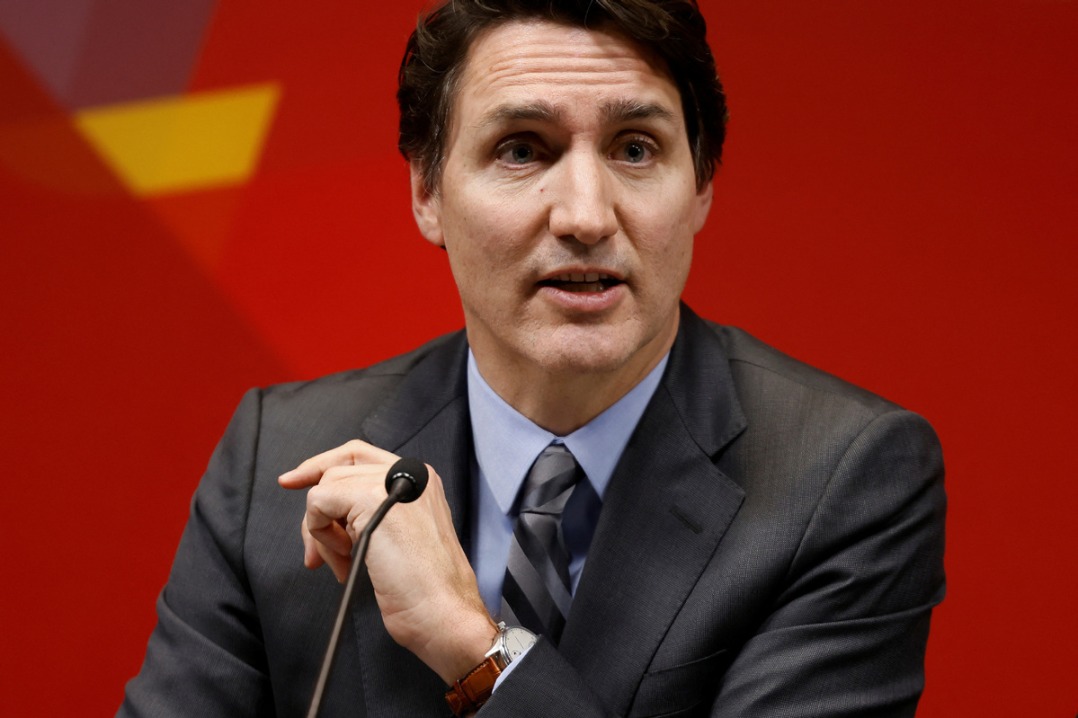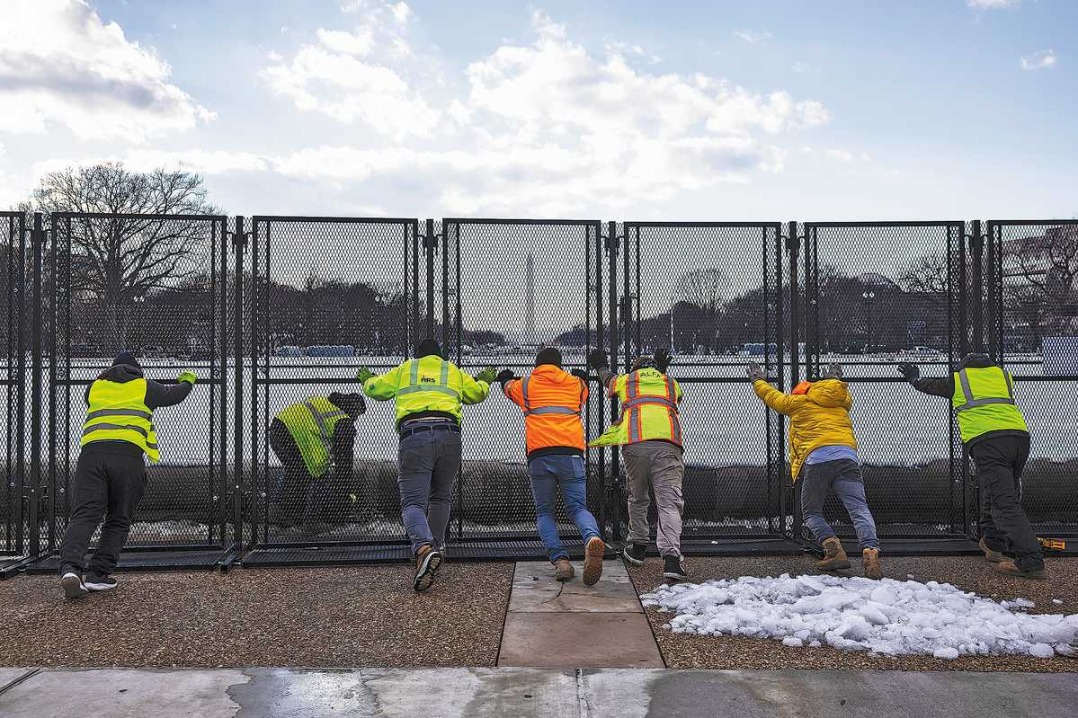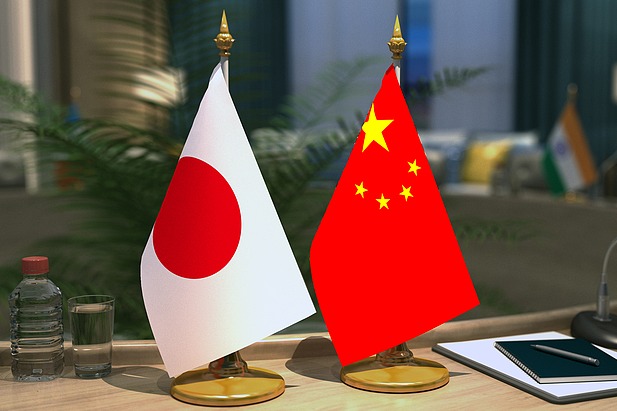New York band blends jazz swing with Chinese folk music


A caravan travels through a vast desert via the Silk Road, but there are no camels and traders but melodies and rhythms of jazz nonet.
Fusing Western jazz swing with Eastern elements, Huang Ye and his nonet (nine-member) band took the stage at Jazz at Lincoln Center on Wednesday night to celebrate Chinese New Year, offering audiences a fresh experience of Chinese-style jazz music.
"We are all members of the caravan, setting forth from China, bringing diverse cultures and different sentiments," Huang, the organizer and also the clarinet and saxophone player in the New York City-based band, told China Daily. "We are messengers of peace and messengers of culture."
Huang adapted the song, Caravan, originally composed by Duke Ellington, incorporating Chinese and Middle Eastern elements along with the swing of jazz.
In this performance, he also rearranged the Chinese traditional song Kangding Love Song, recognized as one of the 10 most significant traditional songs by the United Nations: Legacy of Nüshu, revealing the story of a unique writing system created long ago by women in China; and The Moon Mirrors My Heart, a popular Chinese song that shows love and unity.
"Music is not just a flow of notes, but a dance of the soul, a fusion of cultures. The development of jazz in China has been relatively slow, but I hope to showcase jazz with Chinese elements and characteristics in New York and around the world," added Huang.
"There's a lot of similarities. It's very recognizable in the way that certain scales are used that [are similar to] Eastern-inspired Chinese traditional music," Even Hyde, 34, the band's drummer, told China Daily. "It's music that I'm unfamiliar with, and it is kind of cool to actually have a really good reason to dig into it and learn a few things about it. It's also cool to have those different [melodies], like traditional jazz and Chinese melodies, merge them together.
"Where I'm exposed to the cultural aspect of Lunar New Year, it kind of brings me back to that time and makes me want to go back and actually immerse myself in the culture," said Hyde, who visited China 25 years ago as a child.
"Music and art, in general, can be a way to just open that door, and this kind of collaboration specifically is what's needed more in order to slowly understand each other better and ease some of those tensions between countries," he said.
"We can start to build upon personal relationships on music," Hyde said, adding that that's how the nine-member band got together.
"It's eclectic and it's different. It's invigorating. When one plays classical music, normally, it's much more of the outpouring of the heart, and then jazz is so much about feeling the beat and trying to go along with the rhythm," cellist Derek Louie, 25, told China Daily.
"It's a very nice combination. Different sounds that are created when you combine the cultures together, in terms of, you know, instruments and reflecting different tones, and it's interesting to see how traditional jazz with other cultural elements come together," Louie added.
"There's lots of beautiful combinations out there waiting to be discovered. I think it's important for young people [to listen to] this music," said Jason Olaine, the vice-president and venue owner of Jazz at Lincoln Center, where Chinese musicians regularly perform and where Chinese concerts are held.
Olaine has actively promoted musical exchange, and the company has considered opening a Jazz at Lincoln Center in Shanghai.
"I got to experience Shanghai culture, the people, the food, the architecture, the history, the temples, the riding around on my rental bicycle," he said. Oline visited the city when it was over 104 F (40 C) in mid-July.
"It's not just the traditional instruments playing the folk song, but now you have that classical element … that is very much embraced by Chinese culture," he added.
"People would just realize that we are more common than we are different. Music is a way to bridge those gaps."































